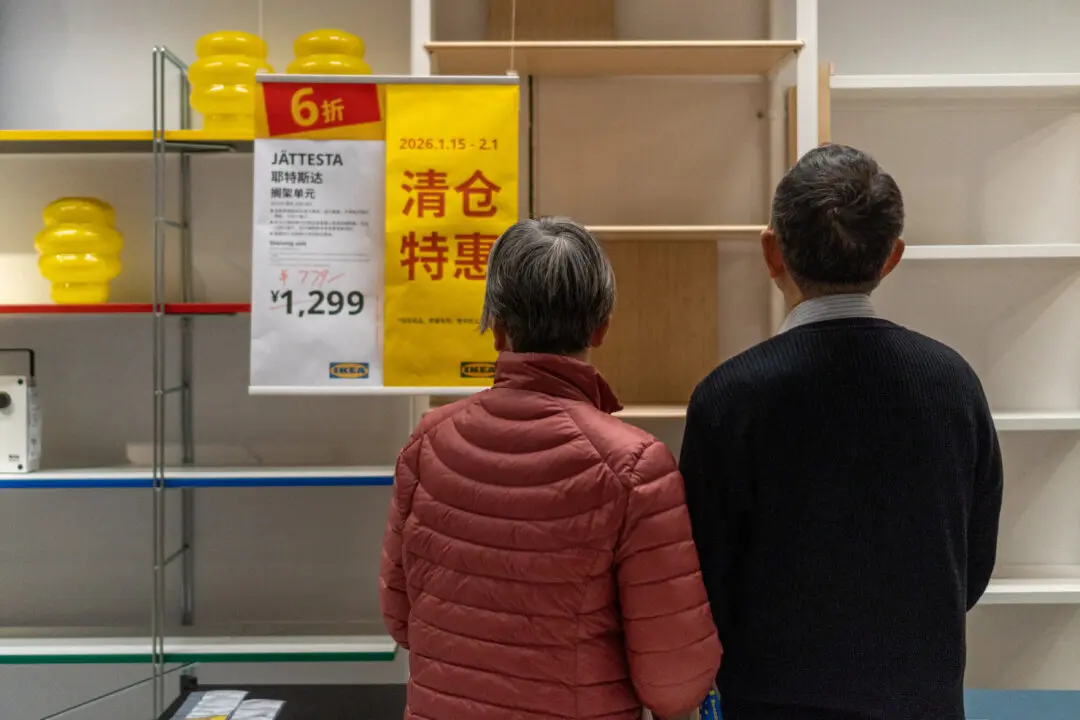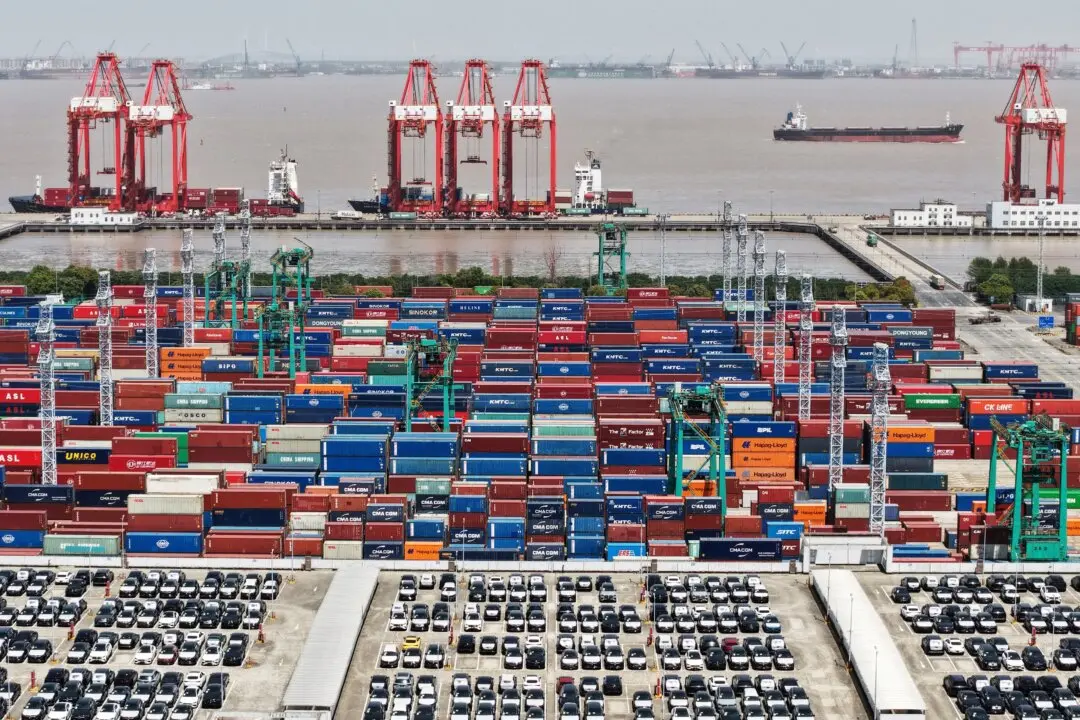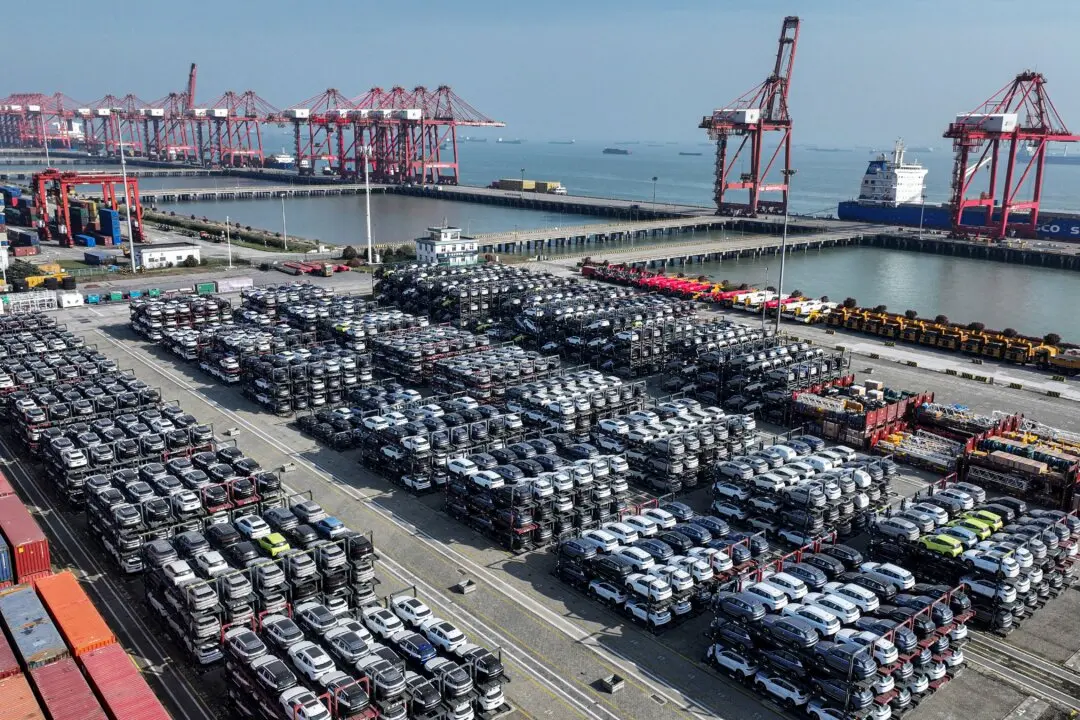Commentary
China has always had a younger retirement age than most of the rest of the world. For most of recent history, the country has been able to count on a huge flow of young people into the workforce. With so many young hands in fields, on production lines, and paying into the pension system, Chinese society could easily afford to move workers along into retirement.





